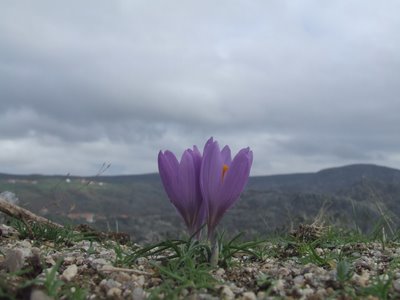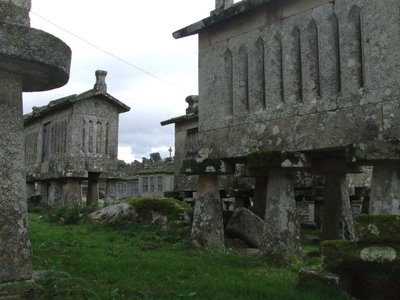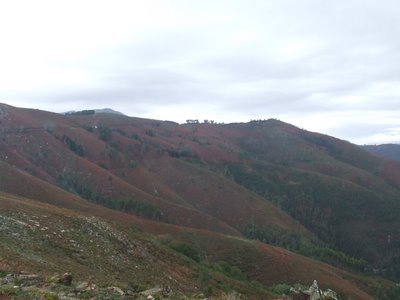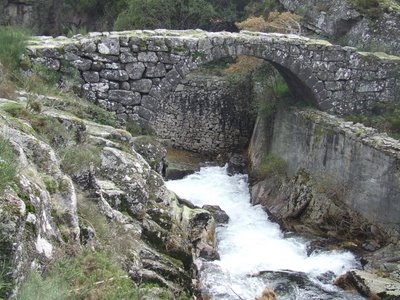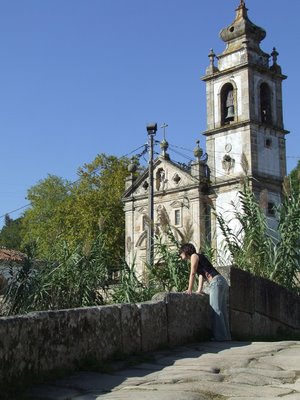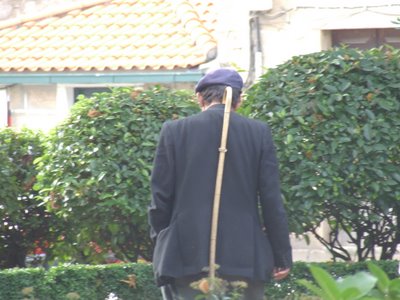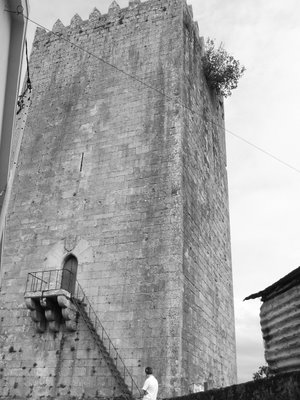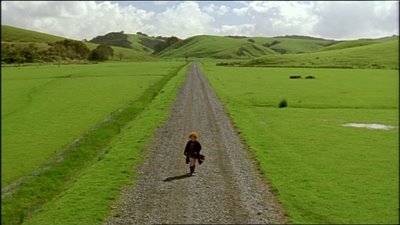
New Zealand poet Janet Frame is the subject of Jane Campion's biographical drama, which presents a poetically evocative look at the authoress' turbulent life. The film begins with a look at Frame's childhood, showing her as a bright but odd-looking, emotionally fragile young girl with a knack for writing. Frame faces great difficulty in adapting to the conventional rural life around her, and her social awkwardness only worsens as she grows older. After she fails in her attempt to become a schoolteacher due to an intense panic attack, she is subject to a psychiatric evaluation and shamefully misdiagnosed as a schizophrenic. Frame is subsequently committed to a mental institution, where she suffers years of unnecessary shock treatments and other horrors. Her salvation comes through her writings, however, which attract the attention of a renowned author who arranges her release. While the nightmare of Frame's institutionalization is presented with great sensitivity and power, Campion and screenwriter Laura Jones, to their credit, refuse to simplify her story to this one pivotal event. Instead, they pay equal attention to Frame's subsequent life, as she slowly adjusts life in the outside world, experiencing literary success and her first romance. Expressive visuals add immeasurably to the total effect, while Kerry Fox's
superb performance creates a truly affecting portrait of Frame.
 New Zealand poet Janet Frame is the subject of Jane Campion's biographical drama, which presents a poetically evocative look at the authoress' turbulent life. The film begins with a look at Frame's childhood, showing her as a bright but odd-looking, emotionally fragile young girl with a knack for writing. Frame faces great difficulty in adapting to the conventional rural life around her, and her social awkwardness only worsens as she grows older. After she fails in her attempt to become a schoolteacher due to an intense panic attack, she is subject to a psychiatric evaluation and shamefully misdiagnosed as a schizophrenic. Frame is subsequently committed to a mental institution, where she suffers years of unnecessary shock treatments and other horrors. Her salvation comes through her writings, however, which attract the attention of a renowned author who arranges her release. While the nightmare of Frame's institutionalization is presented with great sensitivity and power, Campion and screenwriter Laura Jones, to their credit, refuse to simplify her story to this one pivotal event. Instead, they pay equal attention to Frame's subsequent life, as she slowly adjusts life in the outside world, experiencing literary success and her first romance. Expressive visuals add immeasurably to the total effect, while Kerry Fox's superb performance creates a truly affecting portrait of Frame.
New Zealand poet Janet Frame is the subject of Jane Campion's biographical drama, which presents a poetically evocative look at the authoress' turbulent life. The film begins with a look at Frame's childhood, showing her as a bright but odd-looking, emotionally fragile young girl with a knack for writing. Frame faces great difficulty in adapting to the conventional rural life around her, and her social awkwardness only worsens as she grows older. After she fails in her attempt to become a schoolteacher due to an intense panic attack, she is subject to a psychiatric evaluation and shamefully misdiagnosed as a schizophrenic. Frame is subsequently committed to a mental institution, where she suffers years of unnecessary shock treatments and other horrors. Her salvation comes through her writings, however, which attract the attention of a renowned author who arranges her release. While the nightmare of Frame's institutionalization is presented with great sensitivity and power, Campion and screenwriter Laura Jones, to their credit, refuse to simplify her story to this one pivotal event. Instead, they pay equal attention to Frame's subsequent life, as she slowly adjusts life in the outside world, experiencing literary success and her first romance. Expressive visuals add immeasurably to the total effect, while Kerry Fox's superb performance creates a truly affecting portrait of Frame.

